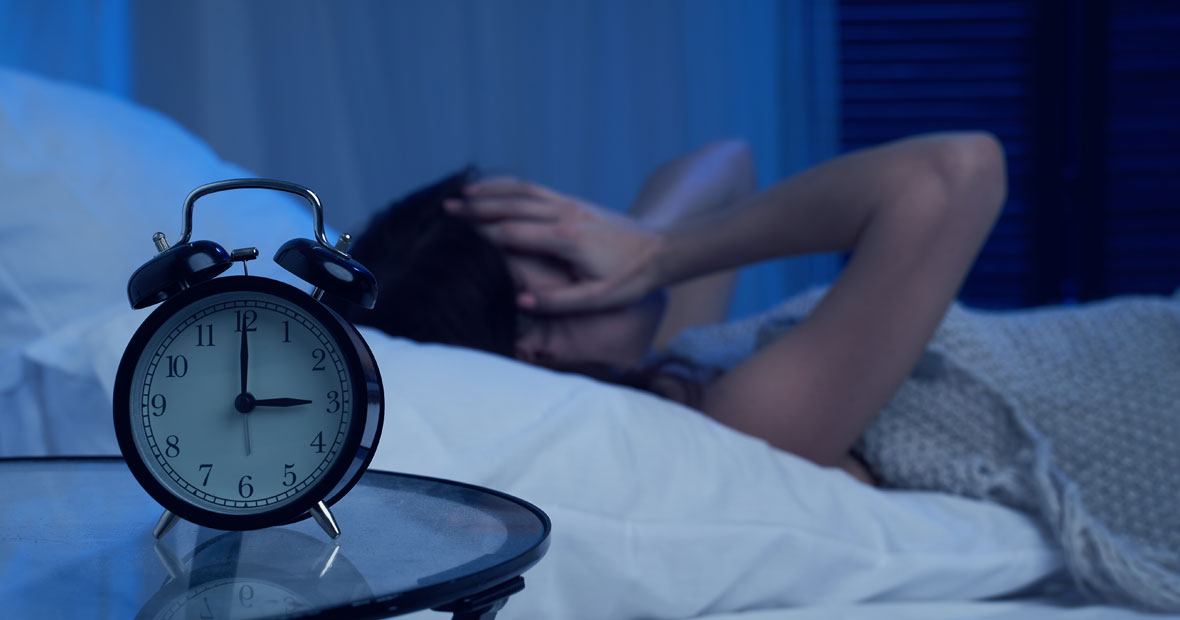
Occasional insomnia is a sleep disorder that can affect anyone at any time. Despite its common occurrence, it can be incredibly disruptive, causing sufferers to toss and turn at night and battle with drowsiness during the day. This article aims to demystify occasional insomnia, discussing its impact, identifying its signs, exploring various methods to overcome it, considering medical treatments available, and ultimately, offering preventive measures to curb its occurrence.
The Impact of Insomnia
While a single night of poor sleep might be inconvenient, when sleeplessness persists, it can start to have substantial negative effects on both our physical and mental health, as well as disrupt our daily lives.
Effects of Insomnia on Physical Health
Poor sleep has been linked to a wide range of physical health problems. Insomnia can compromise the immune system, making the body susceptible to infections. Chronic insomnia can lead to more severe health problems like heart disease, diabetes, and obesity. Lack of sleep can also upset the body's hormone balance, affecting appetite, metabolism, and stress response.
Effects of Insomnia on Mental Health
In addition to physical effects, insomnia can profoundly affect mental health. Sleep is crucial for the proper functioning of our brains. Without sufficient rest, individuals may experience mood swings, anxiety, and depression. Studies have also shown a correlation between insomnia and reduced cognitive functions, such as memory, concentration, and problem-solving skills.
Insomnia and Daily Life
Beyond its physical and mental health implications, insomnia can greatly disturb daily life. Daytime fatigue can result in decreased productivity at work or school, difficulty in maintaining relationships, and even an increased risk of accidents. The chronic exhaustion also restricts the ability to fully engage in leisure activities, leading to decreased quality of life.
Identifying Signs of Occasional Insomnia
Understanding occasional insomnia requires us to recognize its signs and know when professional help might be necessary.
Recognizing the Symptoms
Symptoms of occasional insomnia include difficulty falling asleep, waking up during the night and struggling to get back to sleep, waking up too early in the morning, and feeling tired upon waking. If these symptoms occur a few times a week for at least three months, it could indicate chronic insomnia.
When to Consult a Doctor
If you're experiencing symptoms of insomnia that persist for a few weeks, and they're interfering with your ability to function during the day, it's time to consult a healthcare provider. It's especially important if your insomnia is accompanied by signs of depression or anxiety.
Overcoming Occasional Insomnia
Adopting a holistic approach to overcoming occasional insomnia involves a combination of lifestyle changes, physical activity, and relaxation techniques.
Implementing a Healthy Sleep Schedule
Creating and maintaining a healthy sleep schedule is crucial in managing insomnia. This includes going to bed and waking up at the same time every day, avoiding naps, and establishing a relaxing pre-sleep routine, like reading a book or taking a warm bath.
Importance of Physical Activity and Diet
Regular physical activity can promote better sleep, helping you fall asleep faster and enjoy deeper sleep. Diet also plays a role. Avoiding large meals, caffeine, and alcohol close to bedtime can help prevent insomnia.
Role of Mindfulness and Relaxation Techniques
Mindfulness and relaxation techniques can effectively reduce stress and encourage better sleep. This includes practices such as yoga, meditation, and deep breathing exercises. Engaging in these activities can help calm the mind and prepare the body for sleep.
Medical Treatments for Occasional Insomnia
When lifestyle changes aren't enough, medical treatments can offer relief for occasional insomnia.
Over-The-Counter Medications
Over-the-counter sleeping medicine, containing antihistamines, can help short-term insomnia. They're not meant for long-term use, and it's essential to consult a healthcare professional before starting any medication regimen.
Prescription Medications: Risks and Benefits
Prescription medications, such as hypnotics and sedatives, can be used for treating insomnia. While they can be effective, they carry risks like dependency and side effects, so they should be used under the supervision of a healthcare provider.
Cognitive Behavioral Therapy for Insomnia (CBT-I)
CBT-I is a structured program that helps you identify and replace thoughts and behaviors that cause or worsen sleep problems with habits that promote sound sleep. Unlike medication, CBT-I addresses the underlying causes of insomnia, rather than just relieving symptoms.
Preventing Occasional Insomnia
Preventing occasional insomnia hinges largely on adopting a healthy lifestyle, maintaining a stress-free mind, and creating a sleep-friendly environment.
Adopting a Healthy Lifestyle
This involves a balanced diet, regular exercise, minimal intake of caffeine and alcohol, and avoiding smoking. Implementing a consistent sleep schedule also falls under this category.
Maintaining a Stress-free Mind
Managing stress is crucial in preventing insomnia. This can involve relaxation techniques, such as yoga, mindfulness, and deep breathing exercises. Additionally, maintaining a positive attitude and healthy social connections can help keep stress levels low.
The Role of a Sleep-Friendly Environment
Creating a sleep-friendly environment can significantly impact the quality of sleep. This involves keeping the room dark, quiet, and cool, using the bed only for sleep and intimate activities, and investing in comfortable bedding. It also means avoiding screens in the bedroom, as the light they emit can interfere with the body's natural sleep cycle.